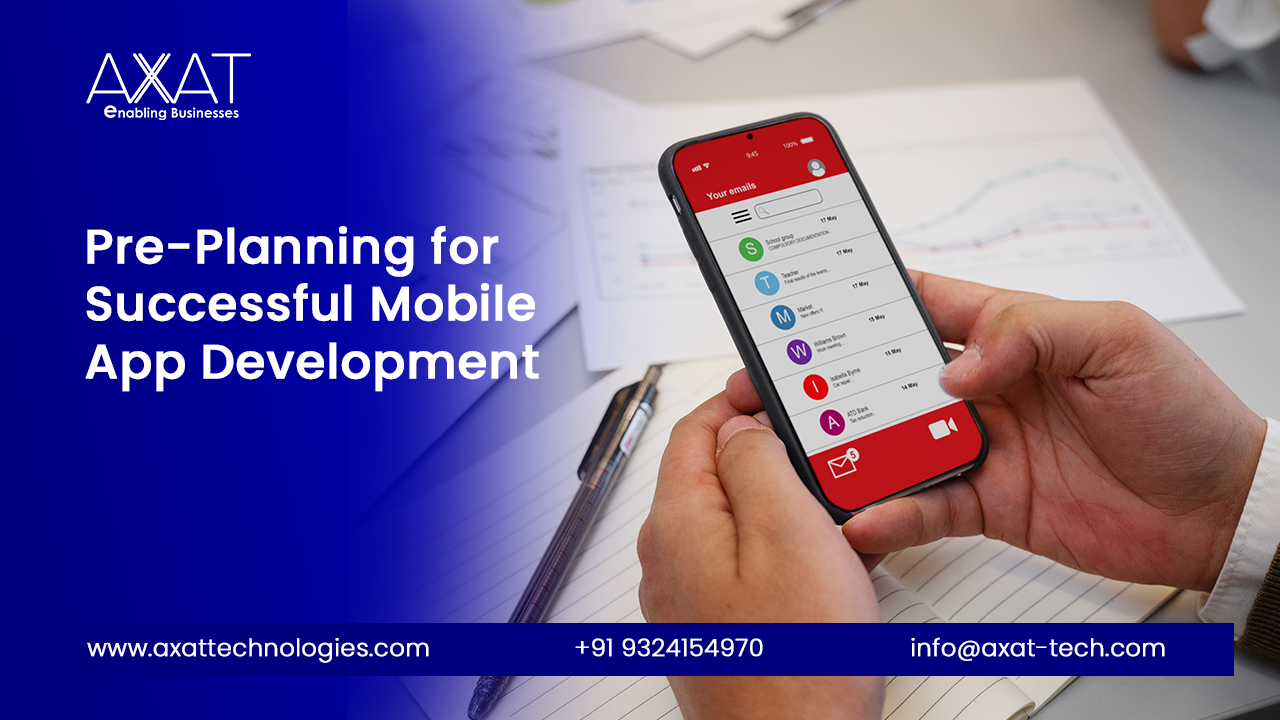Creating a successful mobile app involves more than just coding and designing. The pre-planning phase is crucial to laying a strong foundation for your app development journey. By investing time in careful pre-planning, you can save valuable resources, time, and ensure a smoother development process. Let's delve into the key aspects of pre-planning for successful mobile app development.
Understanding the Purpose and Target Audience
- Before diving into development, it's essential to define the purpose of your mobile app. What problem does it solve? What value does it offer to users? By answering these questions, you can establish a clear direction for your app.
- Additionally, understanding your target audience is vital. Who are the end-users of your app? What are their preferences, pain points, and behaviors? Conducting thorough market research can provide valuable insights to tailor your app for your target audience.
Defining Features and Functionality
- Once you have a clear purpose and target audience in mind, it's time to define the features and functionality of your app. What key features are essential for delivering value to users? Prioritize these features based on their importance and relevance to your app's purpose.
- Consider the user experience and interface design during this phase. How will users interact with your app? Focus on creating a seamless and intuitive user experience to enhance user engagement and retention.
Setting Development Timeline and Budget
- Setting a realistic development timeline and budget is crucial for the success of your mobile app. Define milestones and deadlines to track progress and ensure timely delivery of the app.
- Allocate resources wisely to avoid cost overruns and delays. Consider factors like app complexity, development team size, and technology stack when estimating the budget for your app development project.
Establishing Testing and Feedback Mechanisms
- Testing is an integral part of the app development process. Establish thorough testing procedures to ensure the quality and functionality of your app. Conduct alpha and beta testing with real users to gather feedback and identify areas for improvement.
- Implement feedback mechanisms to collect user input and analyze their behavior within the app. Use this feedback to iteratively refine and enhance your app before its official launch.
Final Thoughts
By focusing on pre-planning for successful mobile app development, you can set yourself up for a smoother and more efficient development process. Understanding the purpose, target audience, defining features, setting timelines and budgets, and implementing testing and feedback mechanisms are key steps to ensure the success of your mobile app. Embrace the pre-planning phase as a strategic investment in the long-term success of your app. Start your app development journey on the right foot with thorough pre-planning!
